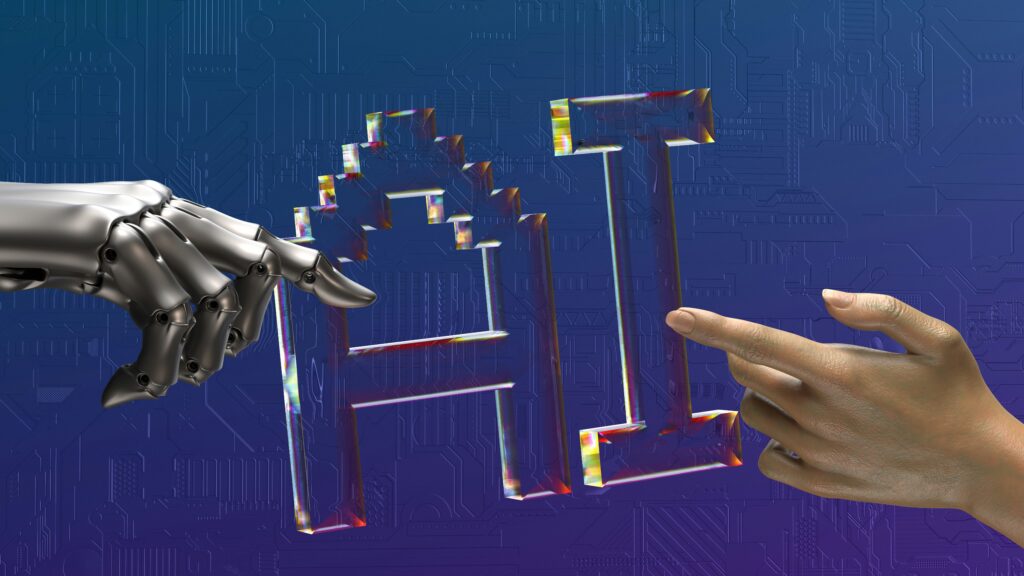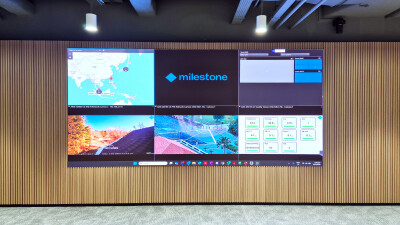Adaptive learning powered by AI: the next frontier in education personalisation

Europe’s startup ecosystem moves fast. Our education systems don’t. Over the past two decades, working across startups and education, we have seen this gap grow wider: while founders push to innovate at speed, talent pipelines are too slow and rigid to keep up. If we want to compete in this globalised world, we must treat learning as infrastructure and upgrade it with AI-driven adaptive systems.
Startups evolve quarterly, yet Europe’s education remains standardised and slow. Roles shift, new tools emerge, and what was cutting-edge knowledge yesterday quickly becomes obsolete. The answer is not more lectures; it is a system where learning adapts to the learner. This is part of the broader future of work challenge Europe faces
What adaptive learning is
AI-powered adaptive learning personalises training in real time:
- Diagnose strengths and gaps per learner.
- Adjusts content and pacing on the fly.
- Provides targeted practice and instant feedback.
- Produces live skills maps for leaders.
It is like giving every employee their own personal tutor: scalable, consistent, and available every day, at any time. This is digital transformation in education at work: from rigid courses to continuous learning cultures where teams grow alongside technology.
Why it matters for startups and investors
- Learning velocity. Adaptive systems reduce time-to-proficiency from months to weeks. In a startup, that can make the difference between shipping on time and missing the market.
- Talent moat. When hiring slows, reskilling becomes the engine of growth. Adaptive learning lets you redeploy team members into new roles without waiting for external hires.
- Execution at scale. Instead of relying on gut feeling, managers get dashboards showing skill gaps, readiness, and ROI of training efforts.
- Investor signal. A team that compounds capability is a more scalable and less risky bet. Continuous learning is an operating system for human capital.
Core benefits
- Personalised Pathways: Role- and stack-specific journeys. No filler, only relevant skills.
- Learning Velocity: Skip what’s already mastered, focus on what matters. Momentum stays high.
- Data-Driven Insights: Spot hidden talent, measure ROI, and intervene earlier.
- Scalable Reskilling: Deploy to 5 or 5,000 people with equal effectiveness.
Proof from the field
Education pilots and corporate use cases already show impact:
- Students reduce anxiety and build confidence when lessons adapt to them.
- Workers benefit from instant feedback that prevents misunderstandings from sticking.
- Teachers and managers spend less time repeating basics and more time coaching.
- Learning continues beyond classrooms or offices—support is always on.
From Arizona State University’s AI tutors to Europe’s own edtech platforms, the pattern is clear: adaptive learning delivers personalisation at scale, and shifts educators into the role of coaches and mentors rather than content distributors. This is how AI in higher education and corporate training converge to create better outcomes.
The European imperative
Europe lags behind the US and China in AI adoption. At the same time, the EU targets demand nearly doubling the number of ICT specialists by 2030. Without radical reskilling, millions risk being left behind as AI reshapes work. For startups, this is both a challenge and an opportunity. If your team learns faster than competitors, you can out-innovate and adapt quickly, even with fewer resources.
Having co-founded and scaled companies here, I know Europe often has less capital and talent mobility than Silicon Valley. But scarcity can be turned into strength if we make adaptability our edge.
When I was building N26, I witnessed this gap firsthand. We were scaling at lightning speed, launching in new markets, integrating new regulations, and rolling out features at a pace that outstripped our team’s existing skills. Traditional training formats simply couldn’t keep up. We needed product managers who could think in compliance terms, engineers who could pivot between architectures, and customer support who could operate with a startup mindset across borders. Hiring externally was slow, so our only real edge came from how quickly our people could learn on the job. That lesson stayed with me: in fast-moving environments, adaptability is not a “nice-to-have”—it’s survival.
Playbook for founders
- Tie learning to business goals. Start with your roadmap: what skills unlock your next release or compliance milestone?
- Map roles, skills and assessments. Define must-haves and mastery levels for each role.
- Pick one adaptive core platform. Use it as the intelligence layer and integrate existing content.
- Instrument everything. Track skill progress, error patterns, and speed to proficiency.
- Coach the coaches. Train team leads to use dashboards and run targeted sprints.
- Start small, scale fast. Pilot with one team, measure before/after, expand from there.
Guardrails: ethics, privacy, and equity
- Protect data. Encrypt, minimise collection, and use role-based access.
- Bias checks. Monitor recommendations across demographics.
- Human in the loop. Keep critical evaluations and promotions reviewed by people.
- Equitable access. Tools must work across languages, devices, and time zones.
The next generation of European winners won’t just have the best product, they will have the best learners. Adaptive learning should not be treated as a side project in HR, but as a core workforce training solution for your company. Embedding a continuous learning culture is the most reliable way to future-proof your business.
The post Adaptive learning powered by AI: the next frontier in education personalisation appeared first on EU-Startups.



















































